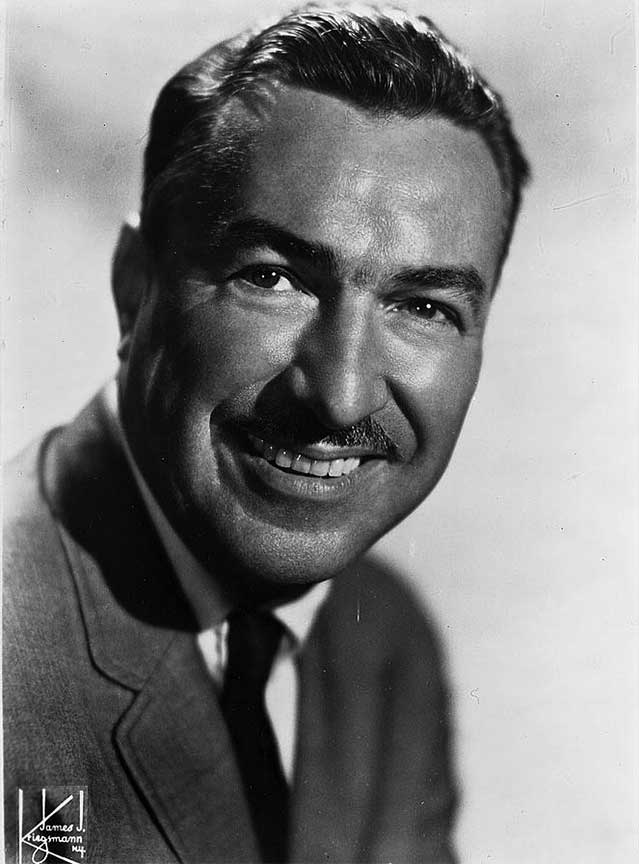1941 Adam Clayton Powell to Congress

Adam Clayton Powell
| Adam Clayton Powell was elected to the United States House of Representatives, becoming the first Black from the North East elected to the House. Powell was the son of a Harlem minister. He was educated at Colgate Univesity and became a minister and active campaigner for Black Rights. Powell remained in Congress until 1970, when he was defeated by Charles Rangel. |
Adam Clayton Powell Jr. was elected to the United States House of Representatives in 1944, becoming the first Black representative from the Northeast to serve in the House. Powell was born on November 29, 1908, in New Haven, Connecticut. He was the son of Adam Clayton Powell Sr., a prominent minister at the Abyssinian Baptist Church in Harlem, New York.
Powell was educated at Colgate University, where he earned a bachelor's degree in 1930. He later pursued further studies at Columbia University and the Union Theological Seminary. Following in his father's footsteps, Powell became a minister and took over leadership at the Abyssinian Baptist Church in 1937. Under his guidance, the church grew to become one of the largest and most influential African American congregations in the United States.
In addition to his religious duties, Powell was an active campaigner for Black rights. He was deeply involved in civil rights activism in Harlem, organizing protests and advocating for fair employment practices, improved housing conditions, and better access to education for African Americans. His efforts earned him a strong following in the community and set the stage for his entry into politics.
In 1941, Powell was elected to the New York City Council, becoming the first Black person to hold such a position. His tenure on the council was marked by his continued advocacy for civil rights and social justice. He used his platform to address issues such as police brutality, discrimination in hiring practices, and the need for desegregation in public facilities.
In 1944, Powell ran for and won a seat in the United States House of Representatives, representing the 22nd Congressional District of New York, which included Harlem. His election was a significant milestone, as he became the first African American from the Northeast to serve in Congress. Powell's presence in the House marked a new era of political representation for African Americans.
During his tenure in Congress, Powell was a vocal advocate for civil rights and social justice. He introduced numerous bills aimed at combating racial discrimination and improving the lives of African Americans. Powell was a key supporter of anti-lynching legislation, efforts to abolish the poll tax, and initiatives to desegregate public schools and facilities.
In 1961, Powell became the chairman of the House Education and Labor Committee. In this influential position, he played a pivotal role in shaping key pieces of social legislation. Under his leadership, the committee passed several important laws, including the Minimum Wage Act of 1961, the Manpower Development and Training Act of 1962, and the Elementary and Secondary Education Act of 1965. These laws aimed to improve the economic and educational opportunities for all Americans, particularly those from marginalized communities.
Powell's career in Congress was not without controversy. He faced allegations of misconduct, including misuse of public funds and improper use of his committee's travel budget. In 1967, the House of Representatives voted to exclude Powell from his seat. However, he was reelected by his constituents in a special election later that year and returned to Congress. The Supreme Court ultimately ruled in Powell's favor in Powell v. McCormack (1969), stating that the House could not exclude a duly elected member if they met the constitutional requirements for office.
Despite his legal victories, Powell's influence in Congress began to wane. In 1970, he was defeated in the Democratic primary by Charles Rangel, who went on to win the general election and succeed Powell as the representative for Harlem.
Adam Clayton Powell Jr.'s career was marked by his relentless pursuit of civil rights and social justice. His contributions to the legislative process and his efforts to improve the lives of African Americans left a lasting legacy. Powell passed away on April 4, 1972, but his impact on American politics and civil rights continues to be remembered and celebrated.
 >
>